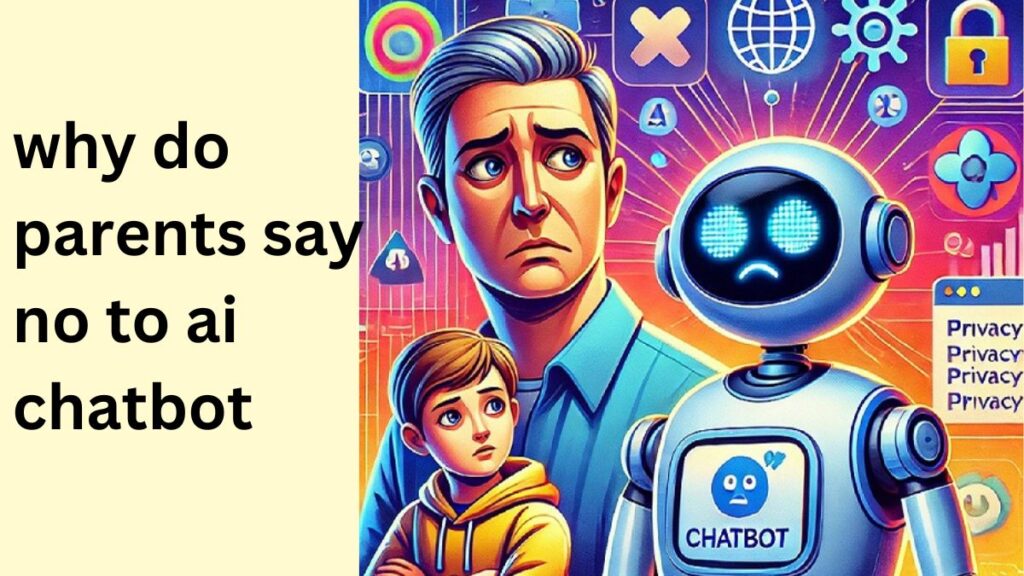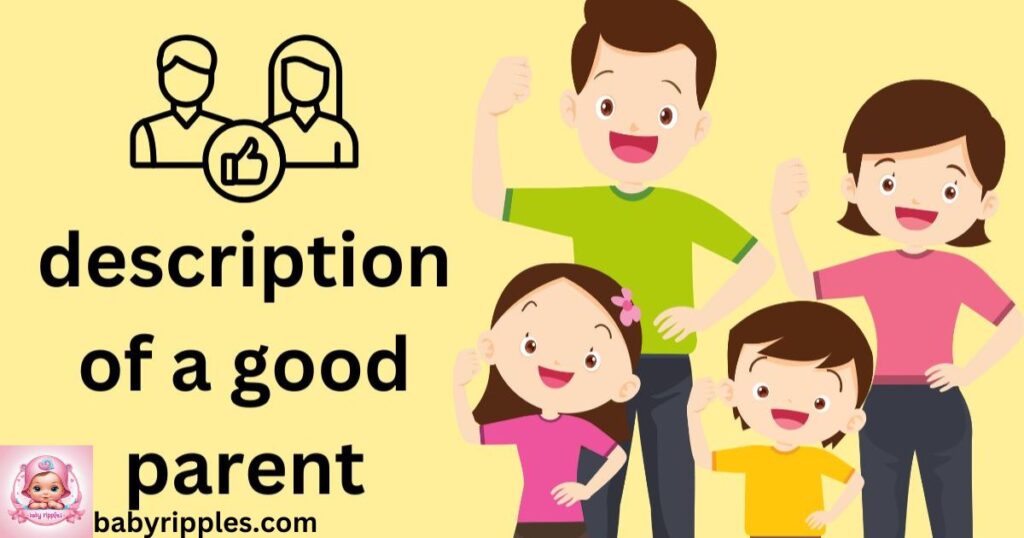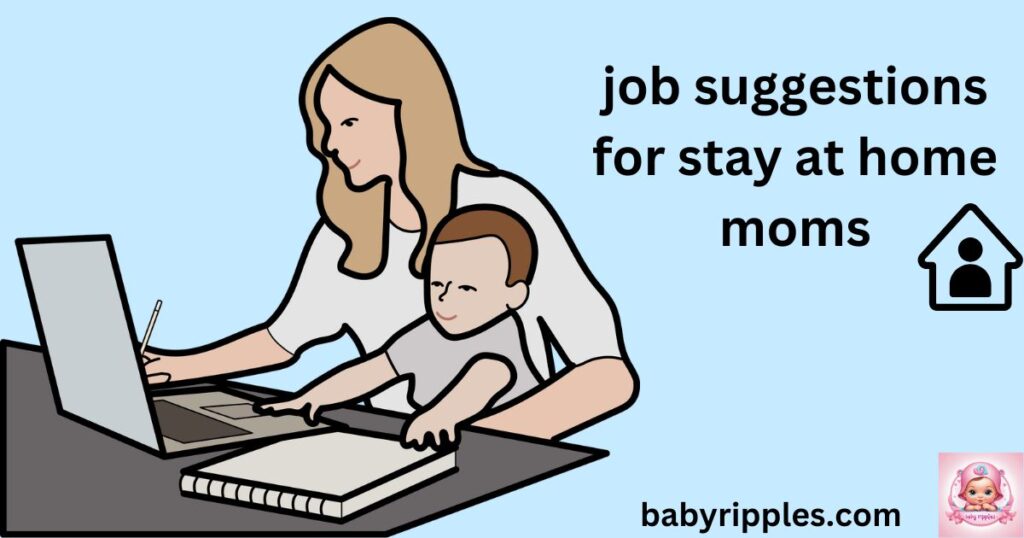Artificial Intelligence (AI) is quickly permeating our everyday lives in the current digital era. Among its numerous variations, ChatGPT for Kids and other AI chatbots have gained popularity for their capacity to help with assignments, brainstorming, and answering queries. Despite the fact that these technologies are commended for their effectiveness, many parents are still reluctant to let their kids use them. why do parents say no to ai chatbot ? We’ll go into great detail in this post about the causes of this worry as well as how parents can feel secure navigating the AI world.
You may want to read: Why AI Should Not Be Used in Education
The Growing Influence of AI Chatbots
It’s crucial to comprehend the extent of AI parenting tools’ influence before delving into the reasons why some parents oppose them. Why do parents say no to AI chatbots? AI chatbots like ChatGPT for Kids are made to engage with kids in conversation while answering their inquiries and offering knowledge. This technology is built on sophisticated algorithms that produce real-time solutions by mining massive information databases. For example, your youngster can ask an AI chatbot anything from “Can you help me write a poem for school?” to “How does the internet work?” Even while these skills are amazing, parents have a number of reservations about them. Even though AI chatbots are meant to aid in children’s learning, many parents are concerned about how they will affect their kids’ safety, privacy, and development.
Top Reasons Why Parents Say No to AI Chatbots

1. Privacy and Security Concerns
The possible privacy danger is one of the main reasons why many parents reject AI chatbots. Chatbots such as ChatGPT for children may be able to store data and chats because they are frequently online. Even with the many security precautions AI engineers take, there is always a danger that private data could be hacked. Many parents are concerned that their kids may unintentionally provide an AI personal information, which could result in privacy violations.
2. Lack of Emotional Intelligence
Unquestionably sophisticated, AI chatbots lack the emotional intelligence that comes from human connection. Parents worry that their kids might rely too much on artificial intelligence (AI) to provide emotional support, undervaluing the value of genuine human connections. Over-reliance on chatbots for communication may eventually impede a child’s development on both a social and emotional level.
The goal of AI parenting should be to help kids learn how to balance technology and interpersonal interactions. Parents think AI chatbots can’t provide the same level of understanding, empathy, or individualized help that they can.
3. Impact on Critical Thinking and Creativity
The effect that AI tools, such as chatbots, may have on creativity and critical thinking is another issue. If a youngster asks a chatbot to help them compose a tale or solve a homework question, they may cease thinking critically and start depending on the AI to complete the task for them. Some parents believe that this might hinder their child’s capacity for autonomous thought and problem-solving.
Parents may be concerned that AI may lessen the need for their kids to generate original ideas in a society where creativity is essential for success. They might instead rely on AI to come up with solutions and concepts, which would result in passive learning as opposed to active problem-solving.
4. Addiction and Overuse
The risk of overuse and possible addiction is always present with technology. If children, particularly teens, are permitted to use ChatGPT for Kids or other AI tools too often, they may easily become engrossed in their use. Parents worry that instead of playing outside, reading books, or developing social skills in the real world, their kids may spend too much time chatting with AI chatbots.
5. Inaccurate or Incomplete Information
Despite their advancements, AI chatbots are not infallible. They depend on databases of data that might not always be correct or up to date. While AI parenting frequently involves pointing kids in the direction of trusted sources, there is no assurance that the information an AI chatbot is giving them is objective or trustworthy. Allowing their kids to read information that hasn’t been carefully reviewed by a human can make some parents uneasy.
6. Ethical and Moral Concerns
In essence, AI chatbots are designed to mimic human speech. But there are significant ethical concerns with applying AI in this situation. Does it make sense for kids to play with a machine that simulates human behavior? How can we make sure kids are using AI tools sensibly and not for immoral activities like test-cheating? Some parents are concerned about the future of society because they believe that exposing their children to AI at an early age could lead to them becoming dependent on machines for things that would otherwise require human labor.
How Parents Can Navigate AI Chatbots
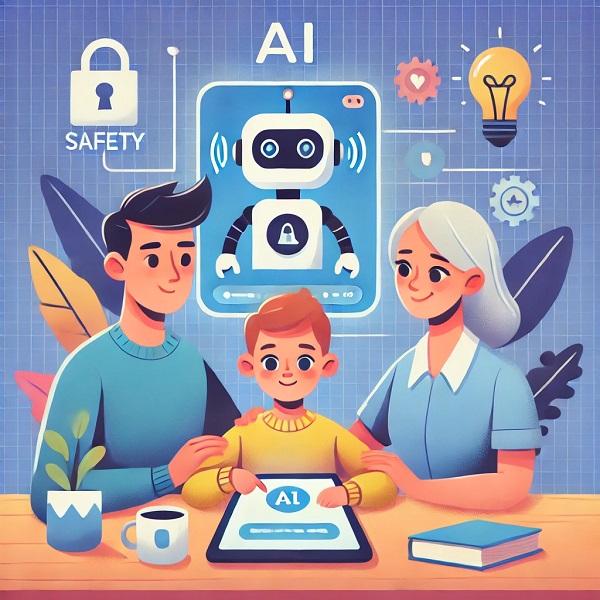
Even while there are legitimate worries, it’s crucial to remember that AI parenting doesn’t necessarily mean saying “no” to everything. Parents can foster a positive relationship between their kids and AI products if they take the appropriate approach. Here’s how to accomplish it:
Step 1: Understand the Technology
Spend some time researching the AI chatbot your youngster wants to use before deciding. Become acquainted with its functions, functions, and possible hazards. This will assist you in deciding whether or not to let it into your house.
Step 2: Set Boundaries and Guidelines
Establish explicit rules and limits if you choose to let your child utilize ChatGPT for Kids or other AI technologies. Keep an eye on their interactions and set time limits for them to use the chatbot. Make sure students understand that they should never provide the AI personal information, and encourage them to always challenge the data it gives them.
Step 3: Promote Critical Thinking
Instead of using AI chatbots as a crutch, encourage your youngster to use them as a learning tool. Make sure they comprehend that being an AI parent entails teaching them to draw inspiration from AI rather than using it as a means of avoiding using their own critical thinking and problem-solving abilities. Ask them to evaluate the data or responses the chatbot has given them, and teach them how to check the data’s accuracy.
Step 4: Balance Technology with Real-Life Interaction
Chatbots and other AI technologies can improve learning, but they should never take the place of in-person experiences. Your youngster should be encouraged to balance their screen time with other pursuits like working out, interacting with friends, and spending time with family. This guarantees that fundamental human experiences won’t be replaced by technology.
Step 5: Monitor Usage and Stay Involved
Monitoring your child’s use of AI technologies is crucial, just like with any other technology. Engage in their online activity and ensure that they are making responsible use of the chatbot. Your child will be more likely to use AI safely and effectively if you are open with them about its benefits and drawbacks.
Why You Should Buy AI Chatbot Products With Confidence
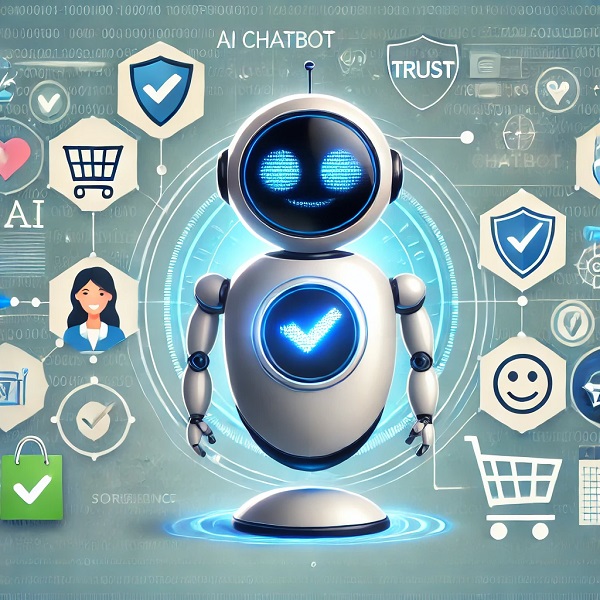
It’s evident that, when employed appropriately, AI chatbots can provide a plethora of advantages after comprehending the different issues and how to resolve them. If you choose to expose your child to a ChatGPT for kids product, be sure to pick one that has clear usage instructions and is made with privacy and security in mind. These technologies can improve your child’s education, encourage creativity, and expose them to the world of artificial intelligence in a secure setting if they are used with the right supervision.
FAQs About why do parents say no to ai chatbot
1. What is the main concern parents have with AI chatbots?
Parents are mainly concerned about privacy, the potential for their children to rely too heavily on the technology, and the impact it might have on their social and emotional development.
2. How can AI chatbots be beneficial for children?
AI chatbots can assist children with learning, answer questions, and foster creativity. When used appropriately, they can be a great educational tool.
3. How can parents ensure their kids use AI responsibly?
Parents can set boundaries, monitor usage, encourage critical thinking, and balance technology with real-life experiences.
4. Can AI chatbots replace real human interaction for children?
No, while AI chatbots can be helpful, they cannot replace the emotional connection and social skills children gain from interacting with real people.
5. Are there any age restrictions for using AI chatbots like ChatGPT?
It’s important to evaluate each product individually, but many AI chatbots recommend being used by children over the age of 12. However, younger children can use AI with adult supervision and guidance.

